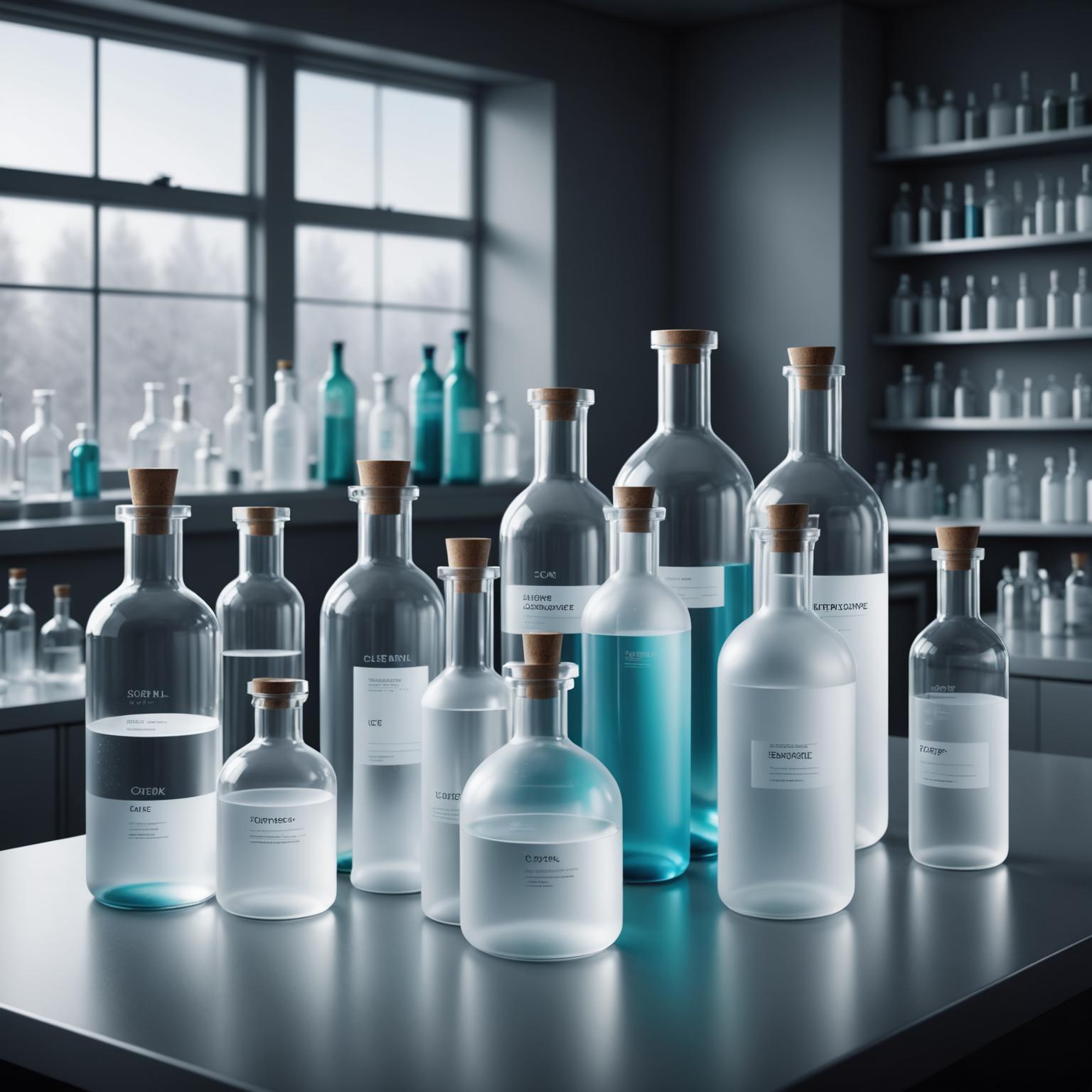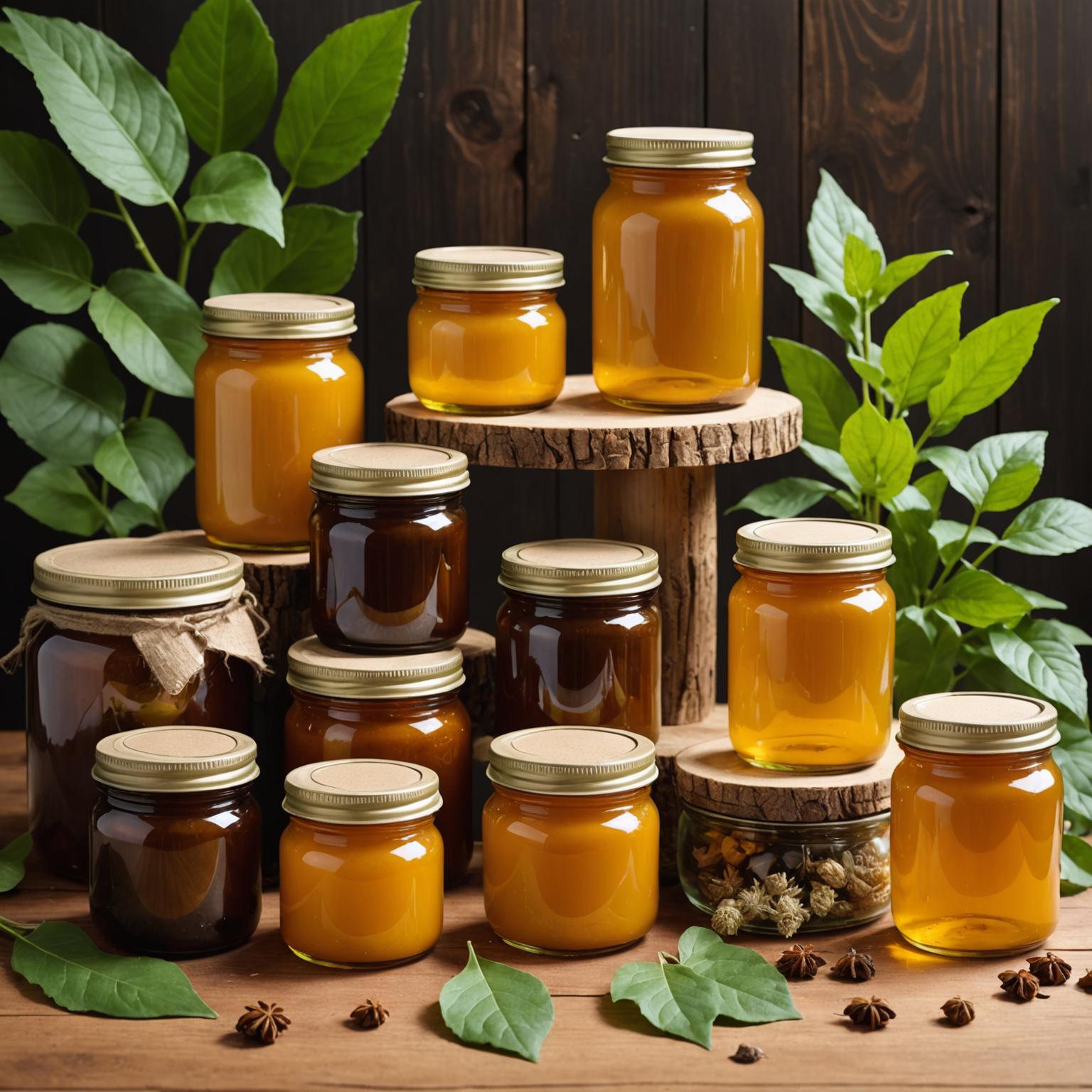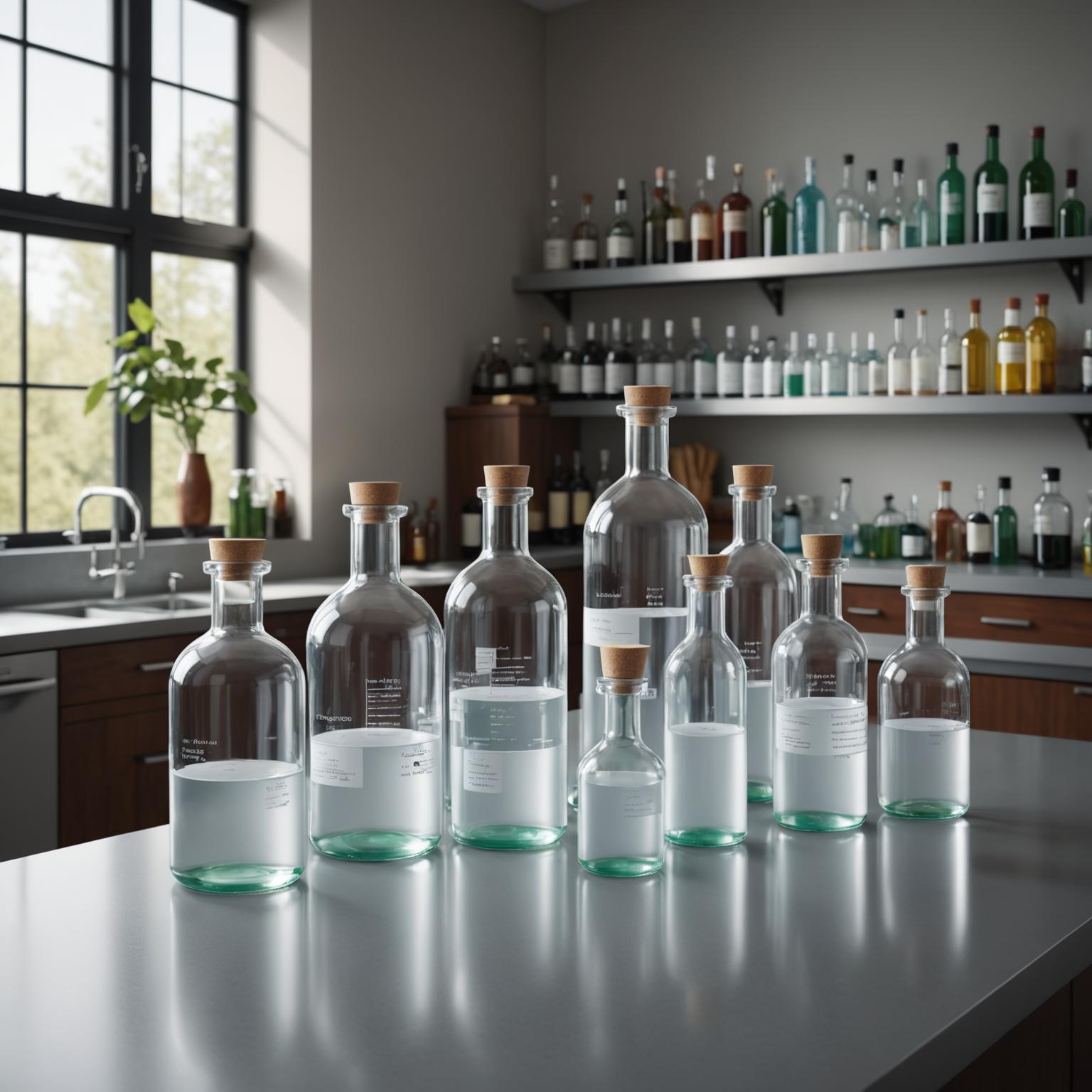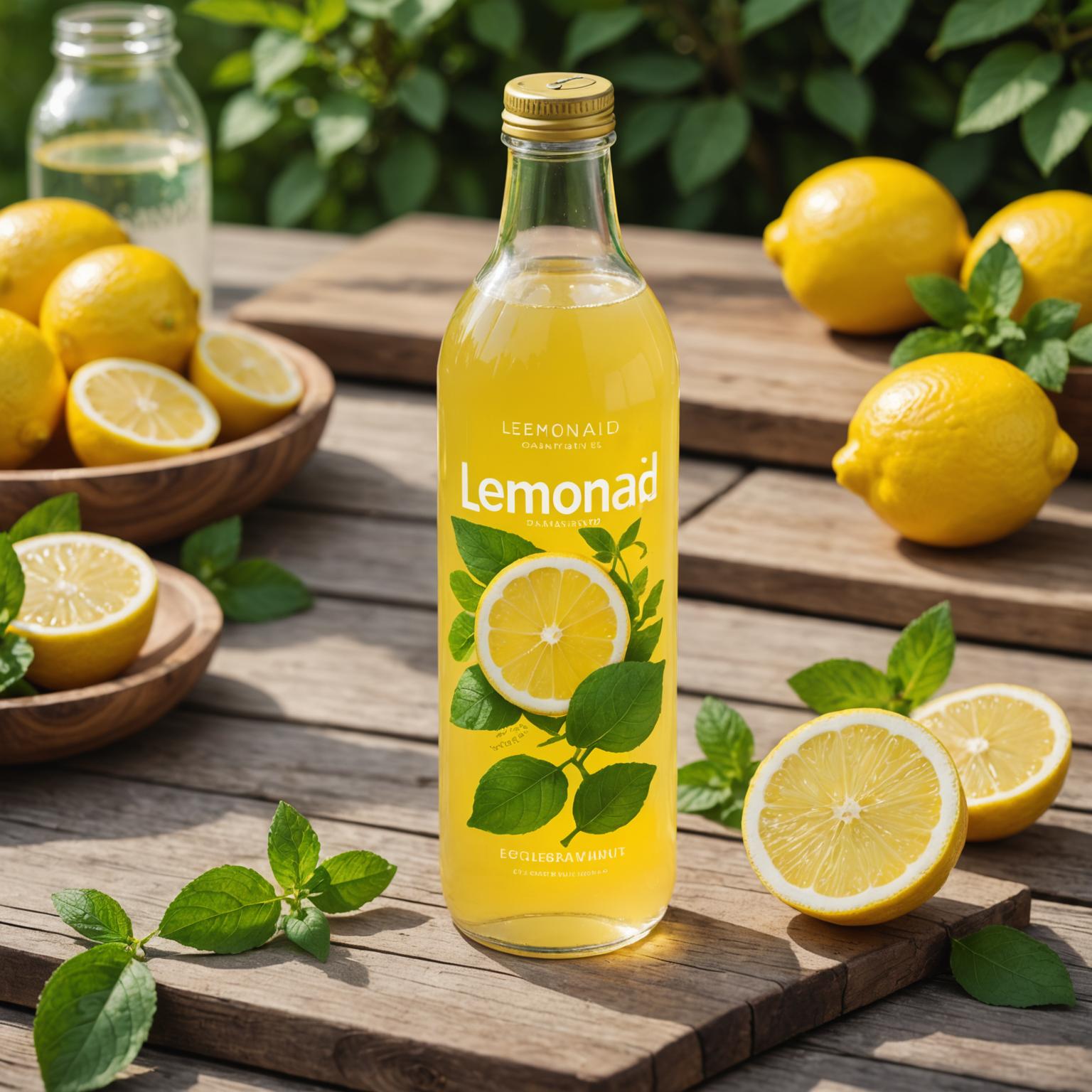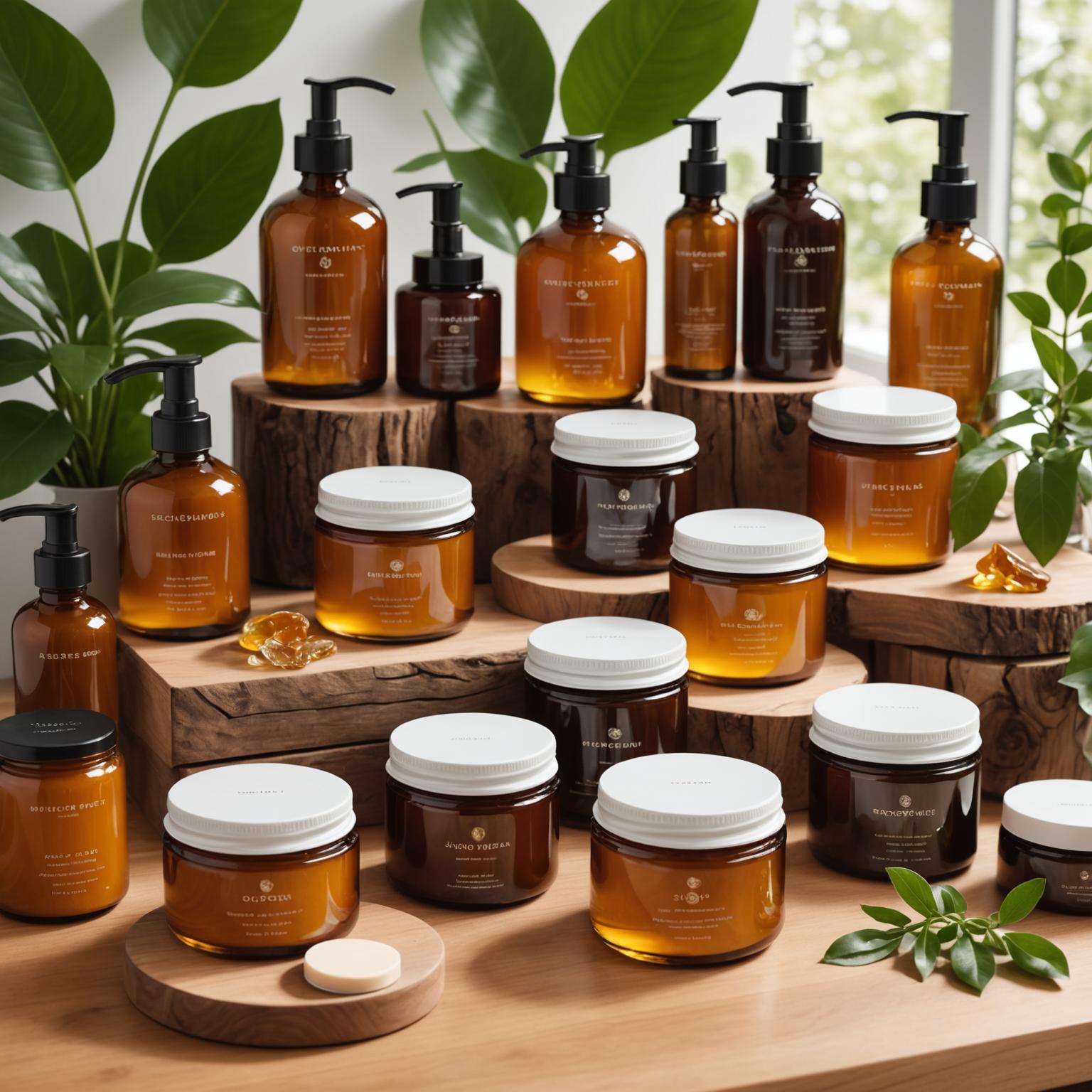Introduction to Glass Bottles
Glass bottles have been a staple in the packaging industry for centuries, offering reliable and versatile solutions for various applications. Known for their durability, transparency, and recyclability, glass bottles serve as essential containers for beverages, cosmetics, pharmaceuticals, and much more. Whether storing liquids or solid products, glass bottles are preferred for their aesthetic appeal, safety, and eco-friendly characteristics.
The Benefits of Using Glass Bottles
One of the significant advantages of glass bottles is their ability to maintain the purity of their contents. Glass is non-reactive, meaning it does not leach chemicals into the products it stores. This makes them an ideal choice for consumers seeking safe and healthy packaging solutions. Furthermore, glass bottles are impermeable, effectively preserving the quality and shelf-life of beverages, foods, and other products.
Another key benefit is their contribution to sustainability. Glass bottles are 100% recyclable, enabling a circular economy where materials are reused rather than discarded. Recycling glass reduces environmental waste and conserves natural resources, making them an excellent choice for environmentally conscious individuals and companies.
Applications of Glass Bottles Across Industries
Glass bottles are widely used across multiple industries due to their versatility. In the beverage sector, they are the preferred packaging for wines, spirits, juices, and craft beers, offering superior protection to taste and aroma. Their sleek and customizable designs also enhance brand identity, making them a popular choice among premium brands.
In the cosmetics and skincare industry, glass bottles are often used to store perfumes, essential oils, and serums. Their transparent nature allows consumers to view the product while providing UV protection to maintain its integrity. Pharmaceutical companies prioritize glass bottles for their sterile and non-reactive properties, which are critical for storing medicines and vaccines.
Glass Bottles and Eco-Friendly Practices
As discussions surrounding sustainability become increasingly prevalent, the role of glass bottles in promoting eco-friendly practices cannot be understated. Traditional single-use plastic is a contributing factor to global pollution, while glass bottles offer a sustainable alternative. Companies are encouraged to adopt glass packaging to reduce their environmental impact, as these can be continually recycled and repurposed.
Additionally, the production process of glass bottles is evolving to minimize energy consumption and carbon footprint. Innovations in manufacturing technology, such as lightweight glass and energy-efficient furnaces, support the move toward greener packaging solutions.
Conclusion
Glass bottles remain a timeless choice for packaging across various industries, valued for their safety, sustainability, and aesthetic appeal. With the increasing push toward environmental responsibility, their recyclable nature and ability to preserve the integrity of products make them indispensable. Whether you’re a business owner or an individual consumer, choosing glass bottles is a step toward benefiting not just your products but also the planet.


